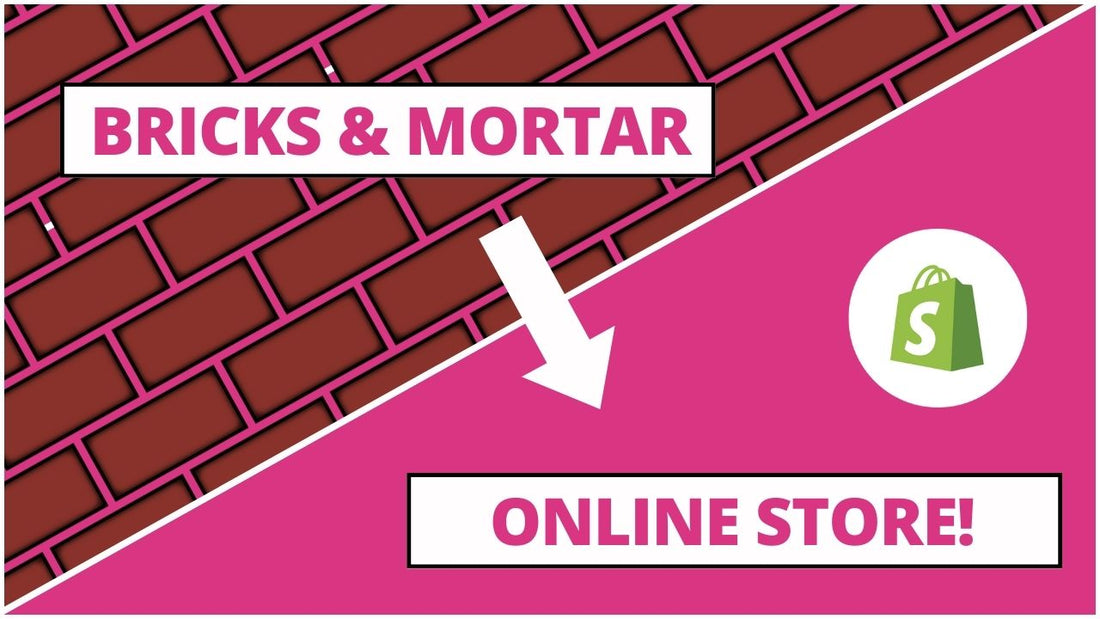You can also listen on:
Apple Podcasts / Spotify
Introduction to Clay Imports
In this episode, Nick is joined by Nick from Clay Imports, a U.S.-based company specialising in handmade clay tiles. Nick shares his journey of transforming Clay Imports from a brick-and-mortar store in Austin, Texas, to a 100% e-commerce business during the pandemic. They discuss the challenges of managing heavy, fragile products like tiles, supply chain issues, and the success of moving online with Shopify. Nick also touches on exciting developments, including AI integrations in his business.
Deciding to move to Mexico & take the business online
Nick explains how the pandemic led to significant changes in his business, including a shift from a physical store in Austin, Texas, to fully embracing e-commerce. This transition allowed him to rethink the need for local warehousing, especially with customers now spread across the U.S. Recognising the proximity of Mexico and existing vendor relationships, Nick explored moving his warehousing there, taking advantage of free trade agreements between the U.S. and Mexico. The move has been liberating, reducing logistics costs and enabling a more efficient supply chain, allowing his business to operate more flexibly and effectively.
Reasons for moving to Mexico
Nick shares the challenges and benefits of moving his business operations to Mexico. By relocating, he could be closer to both manufacturing and inventory, streamlining his operations. This shift allowed him to ship directly from the source, leading to significant cost savings and improved logistics. However, managing a larger inventory presented its own difficulties. To address this, Nick implemented tools like Shipo, which helps compare shipping rates and streamline processes, and barcode systems to improve inventory management. These changes have saved time and money, helping the business grow while keeping operations efficient.
How to Build a Repeat Customer Business
Nick discusses how Clay Imports is improving customer retention and creating personalised experiences, especially for trade customers like interior designers. By implementing individual logins on their Shopify website, they're offering custom pricing, exclusive access to promotions, and specialised product categories for repeat business. This strategy aims to build stronger relationships with trade clients, who are often responsible for multiple purchases. By providing a unique experience, similar to what customers would receive in a physical store, they hope to increase loyalty and sales, making both retail and trade segments more scalable.
The benefits of speaking to Trade Customers
Nick shares his insights into balancing customer needs with business efficiency. While exploring ways to automate and digitise the sales process, especially for trade customers, he's noticed a strong preference among them for personalised, human interaction. This presents a challenge as he seeks to reduce the workload on his sales team by encouraging more online engagement through custom logins and special offers. However, Nick recognises the importance of maintaining a personal touch, even as he embraces more technology. He also considers the possibility of reopening a brick-and-mortar location to enhance customer experience, despite the push toward e-commerce. The challenge remains finding the right balance between automation and the valued human element.
How We're Using AI in Our Customer Service
Nick discusses the integration of AI into their business for generating content, such as blog posts and video scripts, but notes that they haven't yet implemented AI for customer chat. Instead, all customer chats are handled by human sales staff to ensure personalised service. He shares how experimenting with AI, including creating humorous roasts of their brand, has been a fun and eye-opening experience. They continue to explore AI's potential to enhance their operations, while still valuing the human element, especially in customer interactions. Nick is cautious but excited about the evolving role of AI in their business. As they look ahead, Nick hints at the possibility of reopening a brick-and-mortar location, despite the shift to e-commerce. He's also focused on improving the digital experience for trade customers and balancing the use of technology with the need for human touch in customer service. The future involves finding the right mix of automation, personal interaction, and innovative business strategies to keep Clay Imports growing and serving their customers
Online stores, AI, and the future of marketing
Nick highlights the role of AI in streamlining backend operations, such as organising inventory, optimising packaging, and improving the ordering process from vendors. Although these changes might not be directly visible to customers, they are expected to enhance efficiency and improve the overall customer experience by ensuring faster and more reliable deliveries. He also emphasises the importance of balancing technology with human interaction, especially in customer service, and notes that AI will play a crucial role in building a more organised and sustainable business foundation. As Clay Imports continues to evolve, Nick is excited about leveraging AI to make better business decisions and create a seamless experience for both trade and retail customers.
How to get to know Influencers with Shopify
If you're looking to improve your influencer marketing efforts, connect with more influencers, or find it challenging to get influencers to promote your product, Winning with Shopify has partnered with Affluencer. This Shopify app offers a 30-day trial, giving you a head start in meeting influencers and promoting your products. With no upfront cost for the first month, it's a great way to boost your influencer marketing game. Install the app and start building those valuable connections today!
Check out the full online food store podcast here.

